The avocado (Persea americana) is a fruit that is native to Central America and Mexico and is classified under the Lauraceae family. It holds significant commercial value and can be cultivated in a wide range of climates, including moist and Mediterranean regions. One notable characteristic of avocado trees is their ability to self-fertilize. The fruit itself is a large berry with green skin, and its flesh can take on either a pear-shaped or oval form.
The avocado is a distinctive fruit known for its numerous health advantages. In addition to the fruit itself, avocado seeds, often referred to as pits or stones, have garnered attention for their potential health benefits. This article will explore the potential health benefits of avocado seeds.
If you are interested in this topic, you can also read
<<Kigelia Africana Benefits>> and <<Garden Cress Seeds Benefits>> articles.
About Avocado
Fossil records indicate that avocado species were present in earlier periods, including what is now known as California. Avocados are highly nutritious and are a valuable addition to a well-balanced diet. They provide essential vitamins, nutrients, and beneficial phytonutrients. With its abundance of potassium, vitamin D, fatty acids, carotenoids, and various other phytochemicals, avocados undoubtedly contribute to overall health and well-being. Mexico is the largest global producer of avocados, closely followed by Chile, with production steadily increasing. Brazil, as the ninth-largest producer, excels in avocado cultivation [1].
Nutritional Value Of Avocado Seeds
Avocado seeds encompass secondary metabolite compounds, such as alkaloids, triterpenoids, tannins, flavonoids, and saponins, which exhibit promising health advantages and can be employed in customary medicinal practices [2].
The seeds of avocados are rich in polyphenols, compounds known for their strong antioxidant properties. These polyphenols can be extracted using ultrasound techniques [3].
Nutritional Value Of Avocado Seeds [4]
| Components | Quantity |
|---|---|
| Moisture | 8.6 % |
| Fat | 14.1 % |
| Fiber | 7.1 % |
| Ash | 2.4 % |
| Protein | 23 % |
| Carbohydrate | 44.7 % |
| Calcium | 0.82 (mg/100 g) |
| Zinc | 0.18 (mg/100 g) |
| Potassium | 4.16 (mg/100 g) |
| Sodium | 1.41 (mg/100 g) |
| Phosphorus | 0.09 (mg/100 g) |
| Flavinoid | 0.11 % |
| Tanine | 1.41 % |
| Saponins | 4.44 % |
| Total phenolics | 0.53 % |
| Antioxidant capacity | 44.65 % |
| Vitamin A | 10.1 mg/100 g |
| Vitamin B1 | 0.33 mg/100 g |
| Vitamin B2` | 0.29 mg/100 g |
| Vitamin B3 | 0.06 mg/100 g |
| Vitamin C | 97.8 mg/100 g |
| Vitamin E | 0.12 mg/100 g |
Avocado Seeds Health Benefits
The utilization and potential health advantages of avocado seeds are diverse. Following certain procedures such as de-coating, crushing, extraction, and blending, they can be incorporated into beverages.
The investigation of avocado seeds is in the early stages of development. Yet, they have displayed promise in enhancing the well-being of the cardiovascular system, addressing hypertension, inflammatory ailments, and diabetes, as well as possessing insecticidal, fungicidal, and antimicrobial properties [4].
Some of the most significant benefits of avocado seeds are as below:
Improving Cholesterol And Blood Glucose Levels
Avocado seeds contain resveratrol and other components that can help improve glucose and cholesterol levels. In addition, the ethanolic extract of avocado seeds has also shown inhibitory activity against the α-glucosidase enzyme, which is related to the management of diabetes [5, 6].
Eye Health
The presence of phytochemicals, such as botanical compounds and pigments, within the seeds of avocados confers upon them antioxidant properties that may contribute to the amelioration of oxidative stress and associated ocular ailments. Given that impairments in cellular energy-generating organelles underlie a diverse range of eye disorders, harnessing the antioxidative potential of avocado seeds has the potential to effectively fortify and enhance the functionality of these organelles in ocular tissues [4, 7].
Preventing Heart Diseases
Another potential benefit of avocado seeds is that they encompass the potential to address hypercholesterolemia, hypertension, inflammatory disorders, and diabetes, thereby contributing to the prevention of cardiovascular ailments.
Stomach Ulcer Treatment
Research has indicated that the utilization of avocado seeds has demonstrated pronounced anti-inflammatory, antioxidant, and antimicrobial properties, thereby offering potential therapeutic benefits for the treatment of peptic ulcer disease and mitigation of oxidative stress.
The protective effects of the ethyl acetate fraction derived from avocado seed extract against indomethacin-induced gastric ulcers in mice have been demonstrated, as evidenced by its ability to prevent ulceration and reduce lesion areas and tissue alterations. Furthermore, avocado seeds contain notable amounts of phenolic compounds, specifically (-)-epicatechin and (+)-catechin, which demonstrate inhibitory effects on the pathways associated with the formation of gastric ulcers.
Cancer Prevention
Avocado seeds possess inherent properties that have been identified as potential inhibitors of cancer progression. These seeds are rich in phenolic compounds, flavonoids, phenolic acids, and tannins, all of which are known to play a crucial role in the prevention of cancer [8].
Phytochemicals obtained from the seeds of Avocados have been extensively studied, with multiple investigations uncovering their capacity to specifically cause cell cycle arrest, hinder growth, and trigger apoptosis in both precancerous and cancerous cell lines [9].
The phytochemicals can aim at various signaling pathways and promote an increase in reactive oxygen molecules within the cell, ultimately resulting in the process of apoptosis [10].
Avocado seeds also have antioxidant and anti-inflammatory activities that are important in cancer prevention [11].
Preventing Alzheimer’s And Parkinson’s Diseases
The considerable presence of phytochemicals and antioxidants in avocado seeds grants them the ability to exert neuroprotective properties. The unique antioxidants found in avocados act as powerful agents that effectively hinder the generation of radicals, potentially reducing the likelihood of neurodegenerative conditions such as Alzheimer’s and Parkinson’s diseases [12].
Antimicrobial Effects Of Avocado Seeds
Rodriguez-Sanchez and colleagues have successfully identified six lipid derivatives derived from the extract of avocado seeds that have exhibited anti-microbial properties against Clostridium sporogenes, including the active endospores [13].
Another study also reported the anti-microbial activity of avocado seed extract against Salmonella typhimurium and Staphylococcus aureus.
The findings mentioned above suggest that the utilization of avocado seeds as a viable substitute may effectively impede the proliferation of fungi and various other microorganisms.
Treatment Of Skin Disorders
That’s not all Avocado seeds benefits. Avocado seeds have been found to exhibit promising therapeutic properties for the management of skin disorders. They contain a significant amount of phenolic compounds and demonstrate antioxidant activity, which could potentially contribute to their beneficial effects on the skin [9].
Research has indicated that avocado seed products possess anti-inflammatory and anti-microbial properties, suggesting that they may have the potential to be employed in the management of skin disorders such as acne and seborrhea.
Avocado Seeds Benefits For Males
Avocado seeds are rich in nutrients that have been found to have positive effects on male reproductive capacity. These nutrients have been shown to enhance sperm quantity and mobility, reduce cholesterol levels, and improve overall sperm quality.
Essential nutrients such as zinc, selenium, vitamins E and C, and lutein are present in avocado seeds and play a significant role in enhancing sperm quality. Furthermore, these nutrients also stimulate testosterone production, as the presence of healthy fats is crucial for the synthesis of this hormone. Avocados are also a rich source of antioxidants, which protect cells from damage and reduce inflammation that could potentially lead to infertility. In light of these findings, it can be concluded that avocados offer a valuable source of nutrients for enhancing male fertility [14].
Avocado Seeds Benefits For Females
The utilization of avocado seeds can provide various advantages to the uterus due to their substantial reserves of vitamin E, potassium, and omega-3 fatty acids. Additionally, they contain folic acid, which aids in the prevention of complications during pregnancy. Vitamin E contributes to the nourishment of the reproductive organs, while avocados, with their high potassium content, assist in maintaining balanced estrogen levels, thereby reducing the likelihood of conditions such as endometriosis.
Folic acid plays a crucial role in promoting a healthy pregnancy by preventing neural tube defects and enhancing DNA synthesis. Avocados are also abundant in B vitamins, particularly folate or vitamin B9, which support the body’s energy metabolism, enhance circulation, and combat infections. Furthermore, they effectively regulate hormones and eliminate excess estrogen from the body, thus preventing reproductive disorders. This attribute is particularly advantageous for women with conditions such as polycystic ovary syndrome (PCOS) or endometriosis [14].
Avocado Seeds Side Effects And Risks
Pennsylvania State University has stated that the current body of evidence is insufficient to determine the safety of various extracts. While some animal studies have indicated that the consumption of avocado seed extract or powder for a short duration may not pose harm, further research involving human subjects is required to establish its safety conclusively.
How To Eat Avocado Seeds
Avocado seeds can be ground into powder using a powerful blender. Alternatively, a cheese grater, spice grinder, or mortar and pestle can be used. The resulting powder should be stored in a sealed container in the refrigerator.
In order to make fine powder out of avocado seeds, extract the pit from the avocado, then rinse the pit and place it in an oven preheated to 250 degrees Fahrenheit for 2 hours to dehydrate. After dehydration, peel the outer skin and carefully split the pit using a knife. Dice the softened pit and blend it in a blender until it reaches a very fine consistency.
The bitter tannins present in avocado powder can be utilized in the preparation of smoothies, along with other ingredients such as bananas, pineapples, and spinach. Furthermore, the powder can be sprinkled on breakfast eggs, added to soup or salad, or taken as a supplement in capsules that are available at health food stores. Although the exact nutritional value of avocado seed remains unknown, it is considered to be a flavorful and nourishing fruit.
Note: Currently, there is a lack of evidence demonstrating the safety of consuming avocado seeds. If you choose to consume avocado seeds, it is recommended to consume them infrequently to minimize the potential risk of adverse effects.


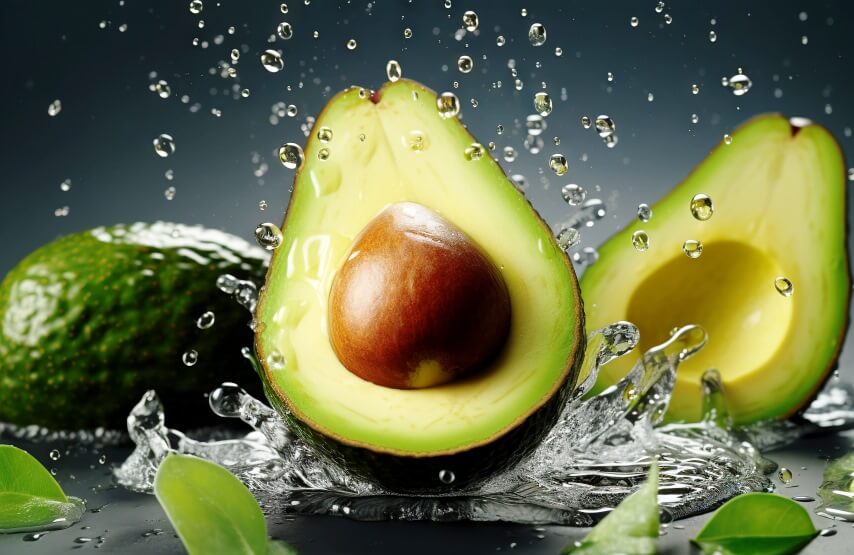
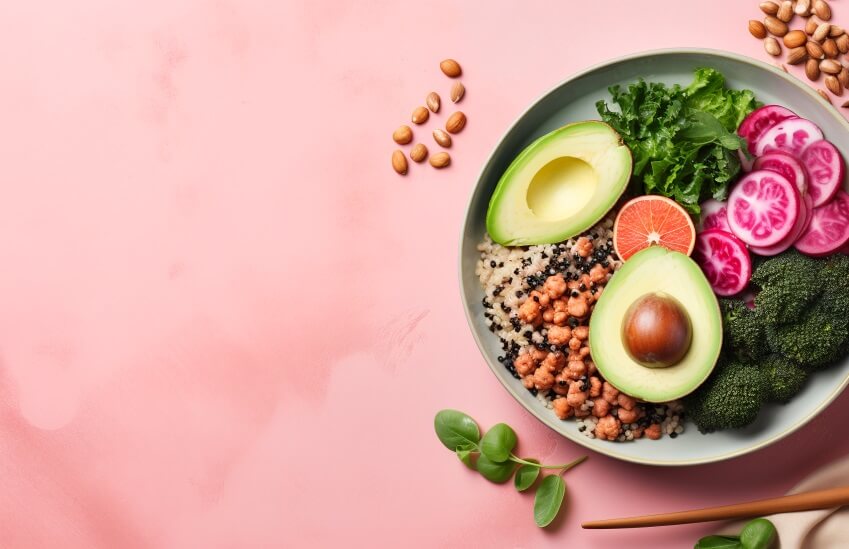
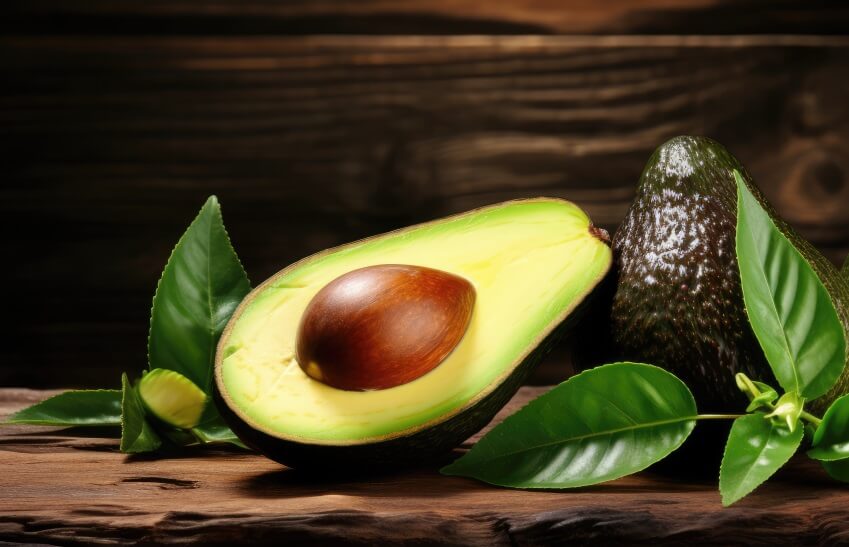
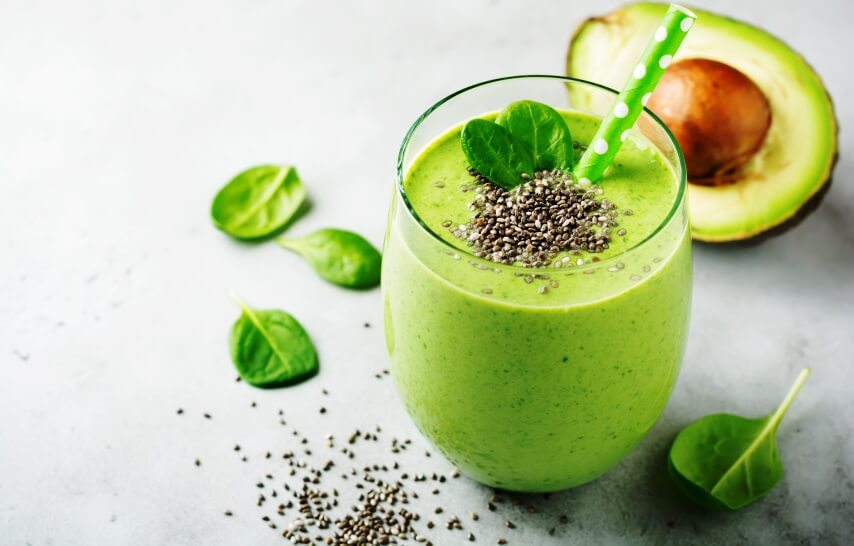

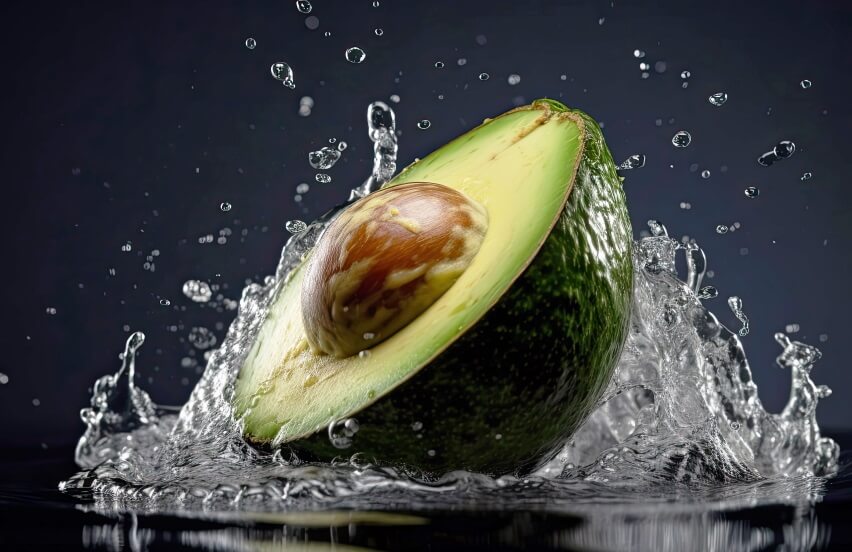
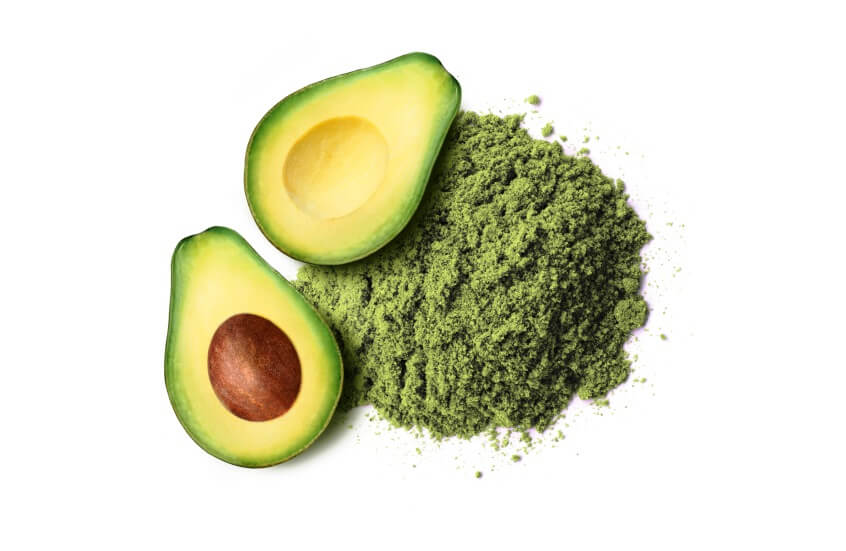




“Great article! It provided valuable insights and was a pleasure to read. Thank you for sharing!”
Best Bipolar disorder treatment in Lahore